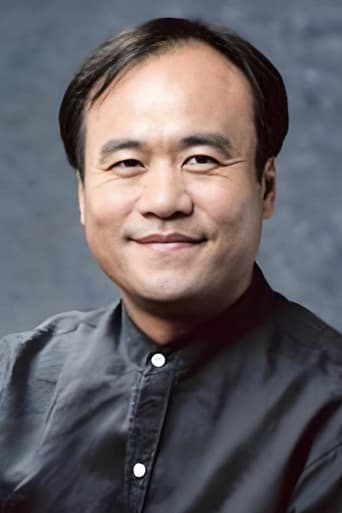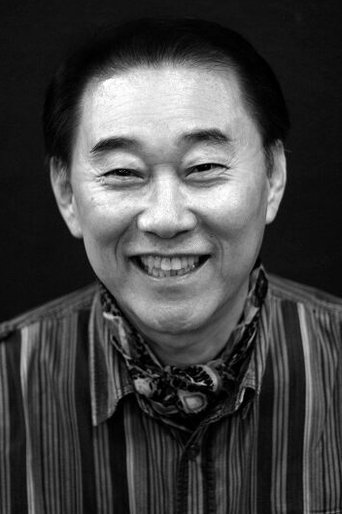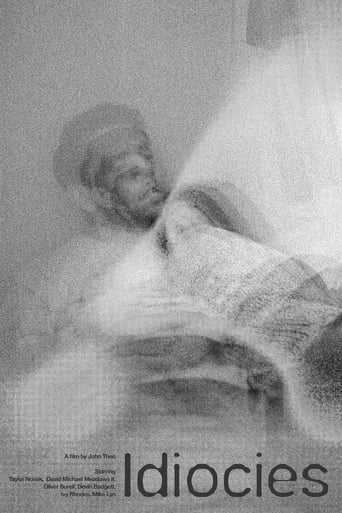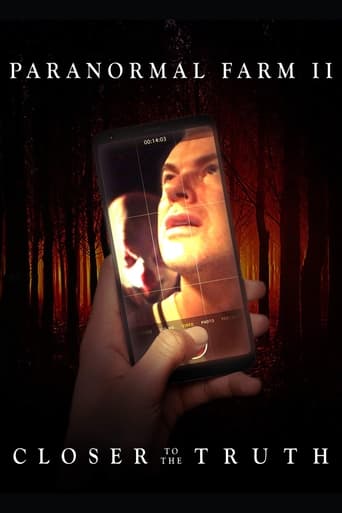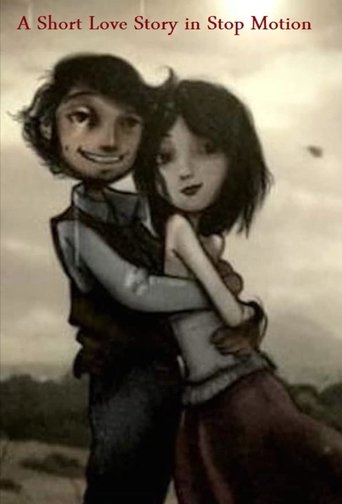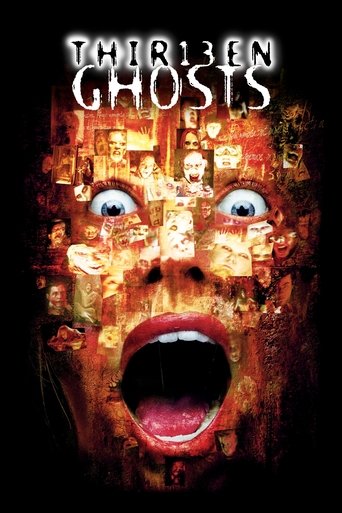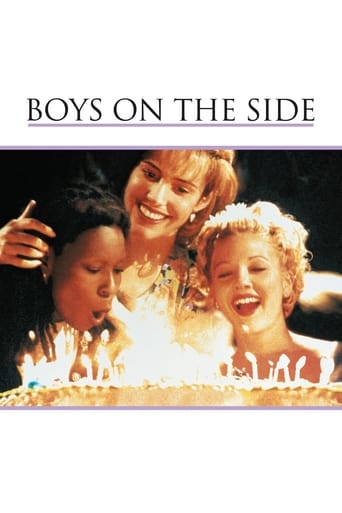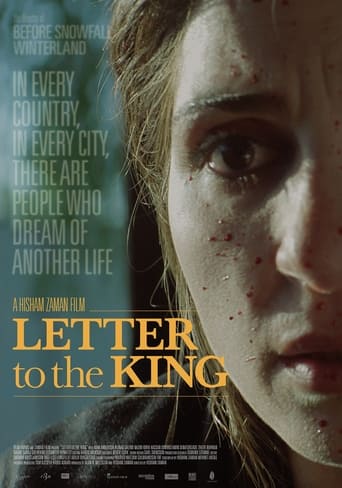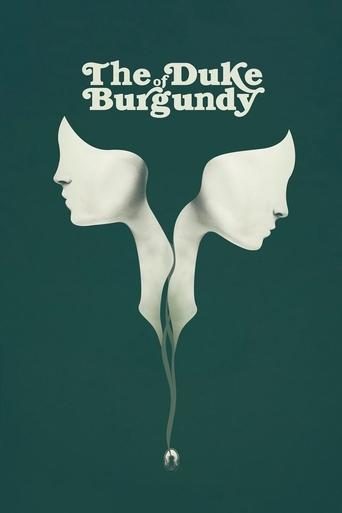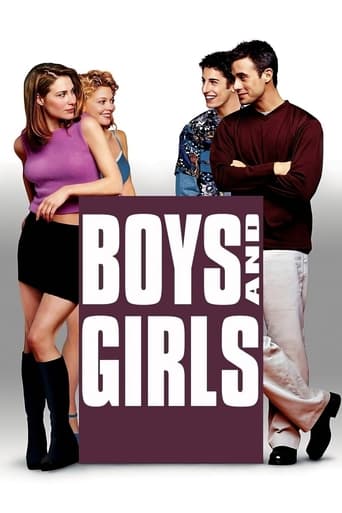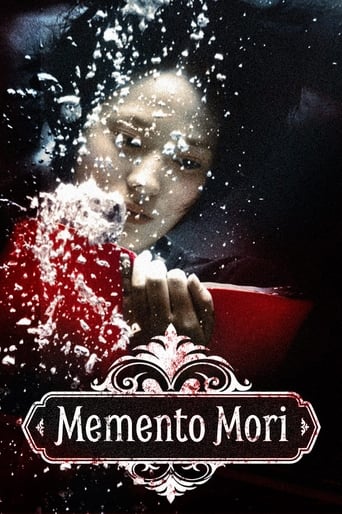
Memento Mori (1999)
The ghost of a lesbian high-school girl takes revenge on the people who used to bully her. And another young girl finds her old diary detailing her love and rejection when she was alive.
- Min Kyu-dong
- Kim Tae-yong
- Kang Yi-kwan
- Kim Tae-yong
- Min Kyu-dong
- Jung-Ok In
Rating: 6.223/10 by 112 users
Alternative Title:
Whispering Corridors 2 - US
Yeogo goedam II - KR
Whispering Corridors 2: Memento Mori - US
Memento Mori - Gedenke des Todes - DE
Memento Mori: Remember the Dead - PH
Whispering Corridors 2 - Memento Mori - FR
Whispering Corridors 2 - FR
Country:
South Korea
Language:
한국어/조선말
Runtime: 01 hour 38 minutes
Budget: $0
Revenue: $0
Plot Keyword: high school, friendship, suicide, homophobia, telepathy, diary, bullying, paranormal, love, ghost
*** This review may contain spoilers *** 8 out of 10 _When your time has come/ You know you'll be lonely once again/ And the final winter comes to us all -Memento Mori (2005), Kamelot_ Memento Mori (1999) is the second movie in the Yeogo goedam (aka Whispering Corridors) series, which I only had the chance to watch recently. I'm often of the mind that the earlier work has enjoyed the luxury of being the better work. While it may not surpass the adroitness or elegance of the debut Whispering Corridors (1998), it still imparts a heavier emotional burden than the third installment, Wishing Stairs (2003), although the latter invokes a more eerie sense of foreboding, largely due to its Faustian bargain theme composed against a perpetual dark ambiance. By contrast, Memento Mori most daringly takes stabs at a certain cultural issue among a few others, which intertwine with the daily chores of both students and teachers within the enclosure of a South Korean girls' high school, delivered in a narrative that never lets up in the enchantment component. Segments of it are rather radiant, thanks to its portray of teenage romantic theme with a lively school as the canvas, but not without its own spatters of creepiness and gloom. It is not entirely overambitious to regard it as a treatise on poetry and aesthetics. I guess the pinnacle of the series belongs to Voice (2005), a piece of polished and flawless production where the intricate subject matter of the motif becomes firmly effected through an ingenious design in plot, in a manner most artfully graceful. The fifth movie, A Blood Pledge (2009), which marks a decade of the franchise history is regretfully blemished with some of the most inane scenes we have come to expect in the series despite having a convincing theme. This is where the detractors of these films are almost justified for most notoriously slapping onto the packaging the epithet "plot is secondary to theme". Ironically, the movie also harbors arguably the most compelling sequences of flashbacks nearing the end of it where every piece of the puzzle falls into place. In case you're wondering, the original title as is promoted in it's country of origin, "Yeogo" means "girls' high" (as in "girls' high school") and "goedam" means "scary stories". The series draws parallels of sorts with a few other releases most notably like the phenomenal "A Tale of Two Sisters" (which, I believe is still unbeatable by any horror movie out there!), "Dark Water" and "Kairo" in regard to the essence of the hauntings which are not conjured up by bloodthirsty or vengeful spirits who will not give up the chance to revel in gore. To be blunt the series of to date, five quality movies has not been scary enough to fairly merit a horror tag as far as scarefests matter. I reckon fans of these movies have long considered that scare factor may be the least of their concerns. It's the narrative part, the story telling that has kept them gripping on edge. The play on emotion as a collective result of the screenplay is undeniable and left to its own devices, this feel alone is by far sufficient to haunt you in your sleep. By the end of these movies you will have felt the angst and hope of youth the main protagonists have been through. A plausible factor driving it's success may be that each of the film audaciously touches upon topics morally and perhaps even politically a little too sensitive for an Oriental masses to engage in open debate, which, had it not been for the lifting of censorship on the country's creative arts industry back in the 90's, these movies might have suffered severe repressive acts of control. Memento Mori follows the school life of two intimate friends, Shi-eun (Park Yeh-jin) and Hyo-shin (Lee Young-jin), and the nature of their relationship, written down in great and many times, 'revealing' details in a strange red diary they both share. The many facets of this intimacy [sympathy, respect, doubt, jealousy, hope, despair, love, hate, suicide] with the primary attention to the taboos of lesbianism, become the themes that are carefully explored to some extent in the movie. Successors to the movie also inherit the tendency to recycle these same themes though to somewhat varying degrees. Just outside the classroom, Min-ah (Kim Min-sun), a classmate of one of the girls, finds the diary, flips through a few pages and reads one sentence. She is intrigued by what she has read and decides to take the diary with her. Her life changes afterwards, gradually becoming obsessed with the diary and the other two girls. Pretending to be sick, she excuses herself from class and takes a rest in the school infirmary where she can read the diary without interruption. She soon discovers an unusual 'candy' which, she accidentally consumes not knowing what it really was and what it would do to her. Only later does she find out the candy was sort of a poison made by Hyo-shin intended for Shi-eun. Barely able to contain her curiosity she follows the two girls to the school building roof and learns something else about them. Min-ah next finds herself strangely able to communicate with Shi-eun by means of mental telepathy. Time passes and the school is shocked to witness Hyo-shin's body lying broken on the walkway, apparently from suicide. Something devastating has come between the two girls. The movie then takes us through what it denotes as the darker side of the relationship between Hyo-shin and Shi-eun, going back and forth in time through the pages of the diary and through the eyes of Min-ah, focusing on the many trials and tribulations of a girl falling in love with a girl. This central theme that it ventures into is controversial at best. All this is dangerous ground to be tread lightly where the directors however have managed to do a commendable, albeit risky, job of bringing the matter to the front, not for the sake of popular consumerism, but rather as a cautious statement of a seemingly troubling(?) phase of a society in evolution (decline perhaps?) that is going to require a solution, especially if that problem exists in a generally Christian nation. How an individual is going to attach meaning to the word(s) in question here is characterized by his/her predispositions towards the said matter. Memento Mori is narrated in a non-linear fashion which, is just a welcome for those who do not find it difficult to embrace the idea but the rest who prefer to stay closer to the ground may find this abhorrent as it has the potential to appear perplexing, and perhaps a little too abstract. You may need a mind slanted toward scrutiny that is paying close attention when watching this movie for the first time. But honestly you'll probably have to watch it at least twice not just to 'try' to understand it, but also, if you're so inclined, to figure out and link each individual scene, furthermore if you're the type that looses sleep over plots that at first don't seem to make sense to you. This in my opinion adds some measureable layers of extra depths to an otherwise predictable linearity. Acting is overall first-rate from a cast of then relatively new talents, with supporting acts that really amount to a lively, noisy classroom atmosphere, with Shi-eun (Park Yeh-jin) at the peak of performance and her fellow castmates mostly solid if nothing else. And oh, don't you just hate sappy, overly sweet dialog you'd hear in dramas and movies these days, more than the fair share you'd able to bear before you feel compelled to turn off the tv? Hopefully you'll find nothing of this sort in any of the Yeogo goedam movies. Dialog sounds sensible and unpretentious that suit the situation. (I had to dump this on you here because I've watched a few local supposedly horror movies and tv series and yes, it feels like the directors/screenwriters have made it top priority to choke them to the brim with sappy lines built around sappy love themes...At times you'd be wondering if you're watching soap operas...). If you have already watched the original Yeogo goedam you may remember a school with teachers whose histrionics were to take pride in beating their students with psychotic savagery and if they could not find fault enough to lay a finger on those girls, they resorted to tossing the students' chairs out of the classroom with equal contempt. How those schoolgirls were treated was a few degrees more frightening than the pretty ghost of the dead girl herself! The same avenue is threaded upon again in Memento Mori making you think, if it's the latest trend over there or method somehow regarded as an efficacious remedy to make you graduate high school top of the class...Just imagine how fun it would be to endure a whole school year around hyper-tense, half-psychotic teachers acting as law enforcers on gloomy dejected schoolgirls, some of which might come back home deranged. It is well known to us that teachers in Korea are respected almost as much as parents, and admired well outside the school compound, they are never beneath recognition (thanks to the lasting impact of Confucianism on Korean society) but if anything similar happens here (some country in SEAsia), the teacher wouldn't be hard-pressed to face criminal charges. Funny as it may sound, although I did not truly take delight in my school days long gone, the Whispering Corridors films, over the recent few years that I have enjoyed watching them, have somehow opened my eyes and I have now found a new respect for the life at school. A ripple effect, in this case spreading in the opposite, unintended direction? With very, very few exceptions, like the ones above, teachers should be your heroes, not enemies. There I've said it! Often the music in a movie has the added intention of arousing the proper mix of emotions thus leaving a lasting effect on the viewers that could linger on long after the movie is over. Memento Mori comes with an OST, which I reckon is as impressive as the one in Voice. However it is pretty common for such a soundtrack to juxtapose a combination of eerie noises, short piano pieces and haunting choral arrangements. The highlight of the score is definitely the main theme you hear when the movie starts and again more profoundly when the movie ends, as the credit rolls. A melancholy-provoking minor key-inspired melody that permeates in abject dismay a special place of refuge that promises shelter from the day's distress, with the two girls rehearsing their imitation of a dance as the last of sunshine vanishes behind them. A solemn beauty. Memento Mori does come with issues though, as is the usual case with many horror flicks. Many things that take place in the school compound are left unsaid and unexplained only magnifying most unfortunately the puzzle factor. The directors/screenwriter should of taken a little bit more liberty on themselves to elucidate some of the more vague happenings. (Well actually they did, but not in the theatrical version. There's an extended 186-minute(!) edition released in 2005 and since I haven't watched it yet let's just ignore it for the sake of this small review...I know I'm not being fair here, my apologies, really..) At the very beginning, for example, Hyo-shin writes that six school girls have already died (suicides?) relating each to "the truth" (Has the school been a hotbed for forbidden relationships?). As the movie progresses we learn that Hyo-shin is the sixth to die! In another early scene, we have both the main characters jump into a swimming pool, with their feet tied together with a piece of red ribbon. Admittedly confusing because it is never brought up again in the movie, thus leaving us viewers as breathless as Shi-eun when she is seen struggling to get to the surface! On second thought, referring to a few lines in the dialog, I think they did plan to die together but it didn't work out.. Another equally puzzling matter concerning the nature of the diary and Hyo-shin herself are the yellow candies and the pills under the piano. The mind wonders if Hyo-shin is a modern-day, self-styled mudang (shaman) possessing the technical knowhow to concoct potions, who then goes on to lay curses on those candies/pills and feeds them to Shi-eun during their relationship, only to be taken unexpectedly later on by Min-ah in the school infirmary. Well, trying to make sense of the telepathic ability (aka ESP) between the two girls, probably it's because they were born on the same date, thus somehow they have managed to develop some form of the gift. In this regard however, Hyo-shin, in my opinion, has lacked adequate development to pull off the character with believable antics. As for the rest of the riddles cropping up one after another, well you could formulate your own theories but with facts so flimsyly few they would sink as fast as Hyo-shin does in that watery shot. Sure we can always choose whatever combination of logic pleases us and ignore the rest, but no, Memento Mori is never about discarding portions of it just because you can't fathom it. A movie of this stature demands to be understood, despite the seemingly lack of cohesion between plots which is anyway to be understood, and yet this only suggests there is significant cinematography refinement to be observed in this gem of a movie. One of its most unrewarding moments is the five-to-six minute-long shot of a couple dozens of school girls running hysterical, bouncing off each other as though some hideous experimental clone of Godzilla from the neighboring Japan had been unleashed in the school building, without which this movie could have certainly been more restrained in keeping with its intended theme. A good example of how one or two abrupt discordant transitions in the flow of the plot has the potential to cause serious ruin to an otherwise substantial effort. Any length beyond two minutes of anything along the lines of that, should come across as silly at best. Six minutes is excessive so to speak. A bloated version of Hyo-shin's ghost although silently watching from above only adds to the disorder in the hall below. Another good example of how ghosts and surplus chaos contributes to horror movies like Memento Mori's undermining it's own elegance. Why waste precious movie time with something as uninspired and bland as that? Voice also has a scene similar to this but it's just a little over a minute and executed in a more subtle way, which doesn't contradict the overall feel of the movie. Having terrified school children screaming and running haphazardly into each other only detracts from that important element, subtlety. Note to future Yeogo goedam writers/directors : please, no more high schoolers going hysterical or else some unfortunate year-end exam candidates might get serious injuries in the stampede, preventing them from taking their exams thus destroying their future! Despite the non-traditional approach in the unfurling of its narration, Memento Mori is a heart touching beautiful journey, chronicling the emotional intensity between two school girls which begins in innocent honesty but ends in tragic loss. A bond that many are quick to view as bordering on ethics' comfort zone, thus is not taken lightly by those around them, inevitably victimizes the two girls to relentless streams of peer alienation, discrimination and blatant abuse. I've watched this movie twice and certainly will watch it again (just like with the other movies in the series) and it only gets more savory with each watch. Strange thing is, there often seems to be some new aspect, (which I missed the last time I watched which just might be pertinent to the plot or just plain randomness) to come to my attention the next time I watch.. Oh, btw, were you aware of Hyo-shin and Shi-eun at the end of the school canteen having lunch together just as Min-ah was questioning her two other friends, Ji-won and Yeon-ahn, about those two girls? Not creepy, but interesting nonetheless.







